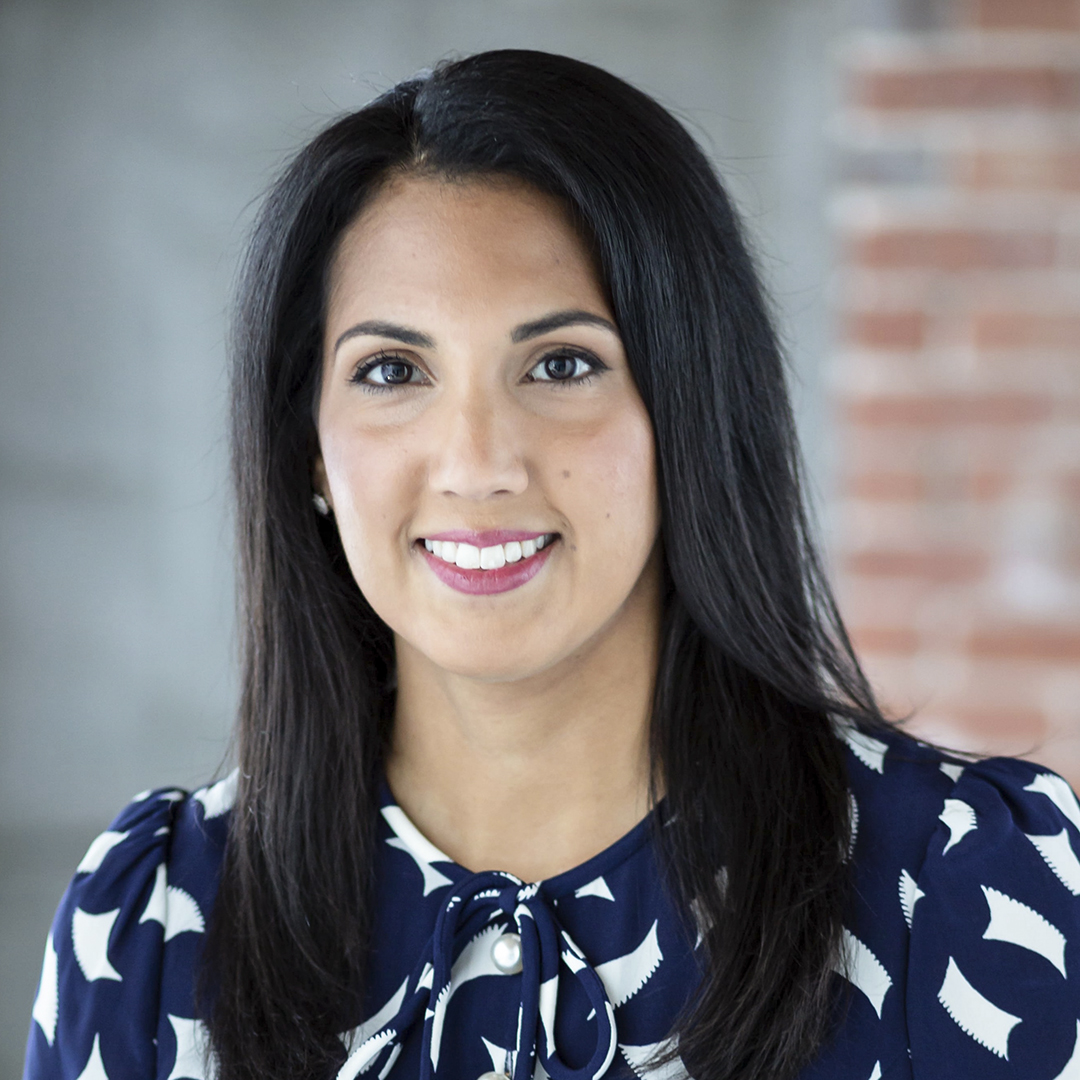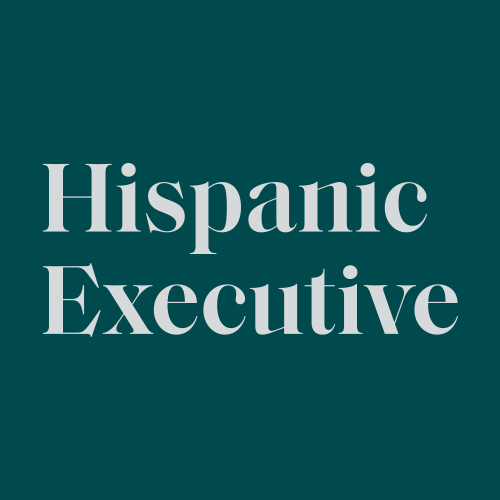|
Getting your Trinity Audio player ready...
|
Growing up in Puerto Rico, Angelique Sina belonged to a third-generation entrepreneurial family that owned its own company and found herself immersed in the business world. Interested in the field, she was surrounded by people to whom she could look for advice. Still, when she finished her bachelor’s degree at the University of Puerto Rico in Aguadilla, Sina decided to move to Washington, DC, to take on a public affairs internship with the US House of Representatives.
“I had never lived in a big city, especially in a city like Washington, DC, where I got to meet all of the who’s who of the world,” she says. “I met ambassadors and elected officials. I worked at the United States Congress for my representative and was the liaison for the White House—all at twenty-one years old.”
The experience empowered Sina. Her business acumen and passion to make a difference eventually converged—and today has culminated with a role as cofounder and president of the nonprofit organization Friends of Puerto Rico.
Connect with Angelique Sina
Sina eagerly set to work when she first arrived in DC, bolstered by a network of experienced professionals. “I had really amazing mentors who helped me understand how to navigate politics, and they’ve continued to support me in so many ways,” she says. She was learning how to adapt to a new arena—which proved essential as she moved into other fields. Sina left Capitol Hill in 2012 to become relationship manager for the World Bank Group, leading the way on international financing from the Bank’s private sector member institution, the International Finance Corporation.
“That really allowed me to start working internationally—with countries in Africa and Latin America,” Sina says. And she saw the opportunity to make an even bigger difference: “More than anything, I started to understand how we can invest in emerging markets and developing countries for the greater good. Coming from a small island and moving to Washington, DC, I got a better picture of what’s needed in the world and what role we can each play in making the change that we want to see.”
“I started to understand how we can invest in emerging markets and developing countries for the greater good.”
Sina was inspired to fully make the leap into that philanthropic world after a trip to Ghana. A fund she was working with at the time provided finance education to individuals in other countries, and the African nation was a very important country in Sina’s portfolio. The fund had established an innovative financing campaign to raise $2 billion to improve prospects for students in the world’s poorest countries.
“I went to a school, and I saw that they had a computer lab. I remembered being back home in Puerto Rico, and one of the schools very close to where my family lived did not have a computer lab,” she says. “I would travel to other countries and compare circumstances, and it made me decide that we needed to do something specifically for Puerto Rico.” As a result, Sina was one of a group to found Friends of Puerto Rico in 2015 as a way to build philanthropy on the island. In its first few years, the nonprofit has created a network of more than thirty thousand donors and has more than fifty partner organizations.
Though those numbers have grown quickly, Sina didn’t always know how Friends of Puerto Rico would achieve its goal of developing an economic and innovation hub while investing in the island’s future leaders and entrepreneurs. Sina had never started her own organization, let alone a 501(c)(3). That’s where Nelson Colon, president of the Puerto Rico Community Foundation, stepped in, offering guidance on corporate governance principles. “I told him I wanted to do this, but I didn’t know if it was too crazy,” Sina says. “Colon gave me incredible advice: ‘Don’t be afraid of crazy ideas.’”
Some of the first projects focused on the arts, supporting the Museo de Arte de Ponce and establishing art education and entrepreneurship scholarships. Puerto Rico’s needs were evident and great when the organization was first theorized—but that only became more intense after Hurricane Maria wreaked havoc two years later.
“When the hurricane happened, people were trying to gather food and supplies, but I felt that raising funds would be easier and a more viable way to provide assistance,” Sina says. Within a few weeks, a fund-raiser she posted on Facebook raised more than $1 million. And the good news didn’t stop there. “Verizon contacted us and offered to contribute a $1 million check. They knew we were focused on really making a difference, and they called us, unsolicited,” she says.
As a symbol of the island’s resilience and a next step towards further recovery, Friends of Puerto Rico began the Cafe Ama project. Though the hurricane destroyed 85 percent of the coffee grown in Puerto Rico, one of Sina’s friends owned a coffee farm with a strain of bean that had survived the storm.
“We thought we could buy it from the farm, highlight its resilience in surviving the hurricane, and sell it as Cafè Ama, a social impact coffee—with all the funds the coffee generates going towards youth entrepreneurship for Hurricane Maria survivors,” Sina says. “Puerto Rico has the highest poverty rate in all of the United States, with 60 percent of children under eighteen in poverty. That number will increase now, two years after the hurricane.
“We want to teach them to be self-sufficient and to have the skills of an entrepreneur and leader so that no matter what happens, they’re able to live out their full potential. We’re doing that through the power of coffee and a program that’ll teach them how to have their own agribusiness.”
“As women, sometimes we’re so busy working that we forget that we really need to connect with other women and share our experience—especially in our thirties and forties, when we still have so much of our careers left.”
Another key initiative that Friends of Puerto Rico have developed is AMIGAS, an influential global network of women who mentor, foster, and empower other women to become investors in the future of Puerto Rico. “As women, sometimes we’re so busy working that we forget that we really need to connect with other women and share our experience—especially in our thirties and forties, when we still have so much of our careers left and we need to pay it forward,” Sina says.
Throughout the initiatives, Sina is reminded of the individual lives the organization has impacted. One story comes to mind instantly.
“We heard from one nineteen-year-old who came from a history of abuse and had been abandoned by his parents. He was living in a car he had traded for his cellphone,” Sina says. “We helped him become an entrepreneur. We bought him a lawn mower and all the equipment that he needed to help other people fix their homes. A story like that just fills our hearts. He’ll be a wonderful member of the community in Puerto Rico and help jump-start the local economy, which is so important. We’re always making more friends that are interested in changing the world. If we each do one small act of kindness every day, the world will be a better place.”

